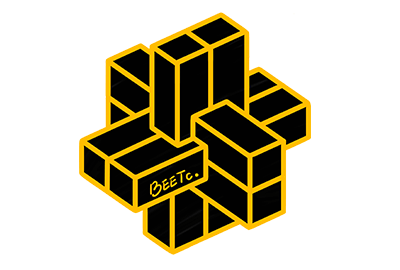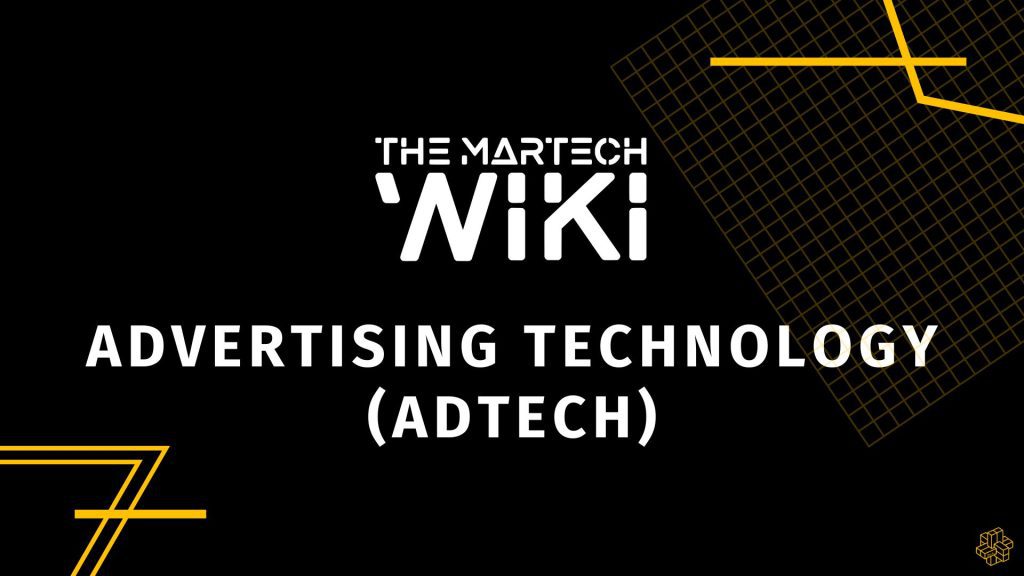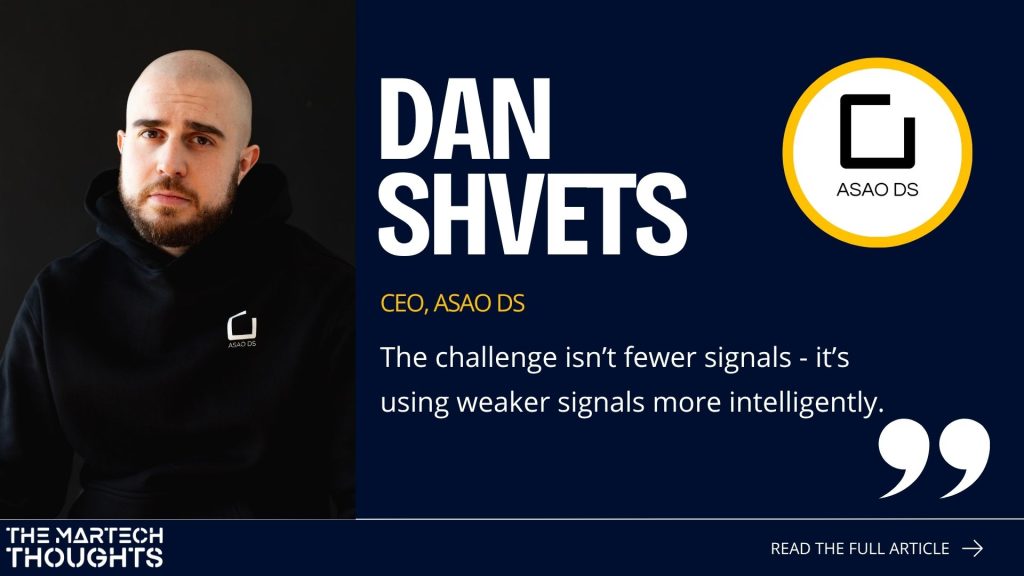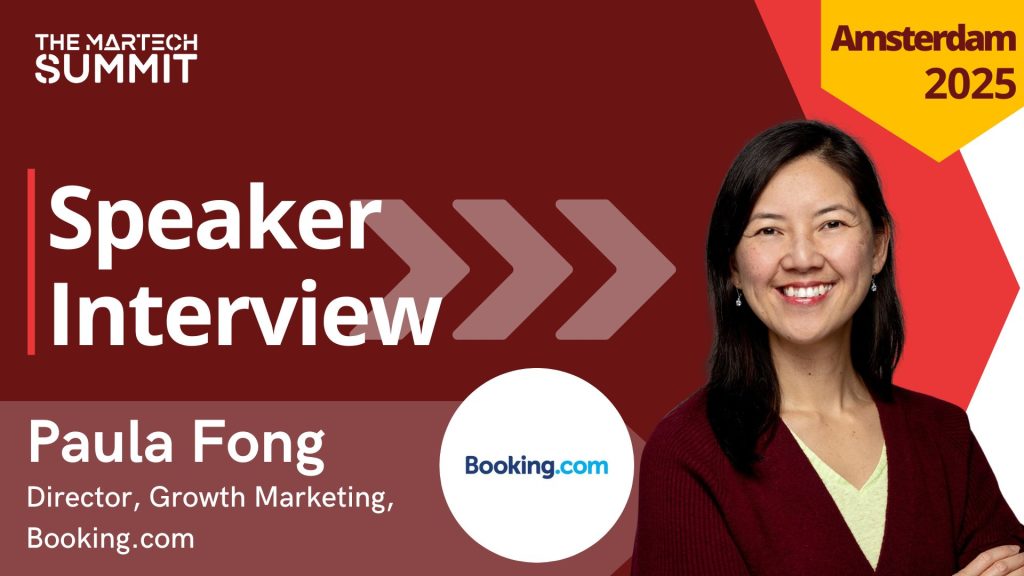What are the key priorities for a MarTech stack optimisation strategy to achieve?
– Improve personalised customer experience.
What would your company use AI the most for?
1- Develop data-led marketing campaigns.
2- Build AI Bots to drive customer engagement.
What are the major roadblocks in trialling the new innovations in marketing technologies?
– Budget.
How important is data in making marketing decisions and engaging customers?
– Very important – I always leverage data 100% of the time.
What is the one marketing platform / app / solution you can’t live without? Why?
– Adobe Marketing Cloud.
How do you see the skillsets needed for the marketing profession changing?
– More technology understanding along with business acumen.
With the recent developments and incorporation of technology, should we still perceive marketing as a social science?
– Marketing is about understanding the customers and their expectations from a brand. Technology is an enabler which helps to do that at scale with efficiency. Data provides the confidence to pursue a specific marketing hypothesis. The fundamentals haven’t changed, it’s the execution that has.
At your organisation what tasks in marketing are good to automate and what tasks still need a human touch?
– Tasks that require scale and are repetitive in nature are to the ones which are automated. E.g customer service, elements of email marketing, creative adaptation and translations. Core customer understanding and building a route to market along with messaging framework are difficult to be automated.
If you had to build a marketing strategy at your organisation for 2021 from scratch, what type of partners would you look for to collaborate?
1- Global presence and scale.
2- Open for integrations.
3- Transparent with fees and data ownership.
Can new partnerships help shift the mindset from a product-centric model to more customer-centric?
– Customer centricity needs to be at the heart of any partnership or planning. There will always be a new shiny object coming out on a daily basis. But it’s important to keep the utility from a customer perspective in mind.
What will be the next evolution of mobile marketing that we can expect in the coming years?
1- AR/VR.
2- New form factors.
What is the best use of technology you have seen during this time of crisis?
– Use of streaming and collaboration tools.
At your organisation how has your approach to marketing changed due to new MarTech tools and solutions?
1- More data centricity.
2- Agility.
3- Collaboration and democratising of data.
Currently, what are you primarily looking for in your digital marketing efforts? Awareness or engagement? Why?
– It’s always a mix and never one over the other. Totally subject to the business objective at hand.
When planning a marketing budget, what are the top 3 concerns one should watch out for post-COVID-19?
1- Shorter-term planning.
2- Focus on opex Vs capex.
3- Lesser scope for test and learn.
4- Demand to outsource.
How do you maximise cross-team communication with new MarTech tools?
1- Democratize data access.
2- Faster communication and decision making.
As mobile and internet use rapidly expands; how do you track customer behaviour change?
1- First party researches: commissioned as well as behaviour across brand’s touchpoints: website, app, retail, ecommmerce.
2- 2nd party reports.
With the exponential rise of technology, is there still room for offline marketing?
Offline marketing elements will exist but will be digitalized more and will be connected.
How do you balance experimenting with new technologies vs investing in current technologies that you already utilise?
20/80 rules.
With the advancement of AR & VR, how do you see these being utilised in digital storytelling?
Absolutely. They truly enhance the customer experience.
What challenges do you see in processing data coming from different sources?
1. Data quality and consistency.
2. Compliance.
3. Different data structures.
Which part of the customer journey is the hardest part to capture data for?
Each stage is unique but I feel that the consideration stage is a little more complex as the duration can vary greatly.













